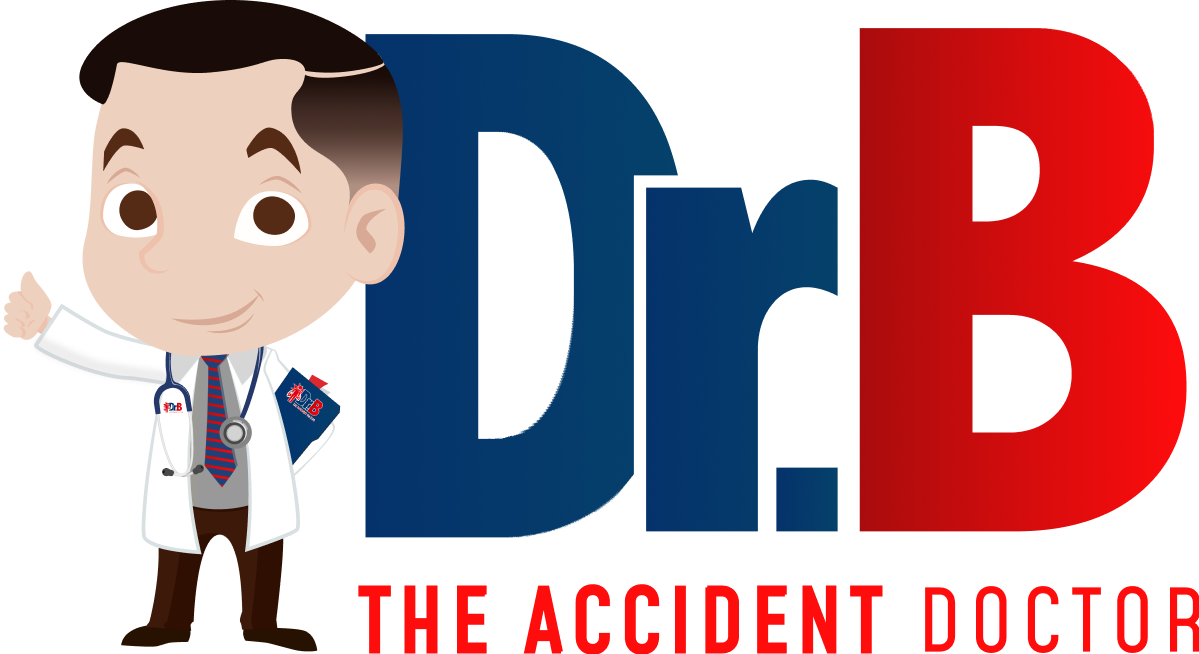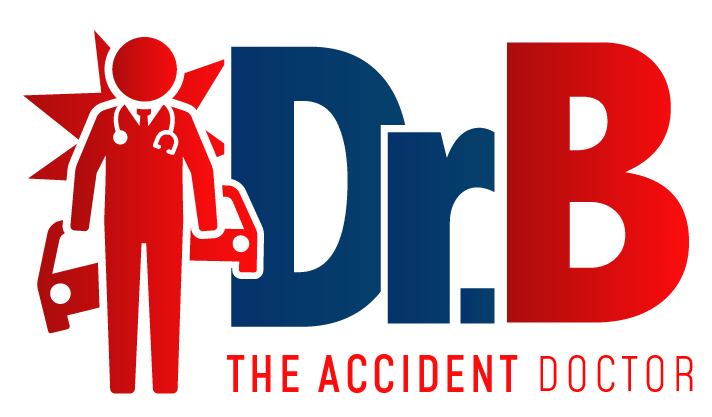What Happens If My Employer Doesn’t Have Workers’ Compensation Insurance?
If you’ve become injured on the job, your employer is obligated under both state and federal law to be insured. It is your employer’s duty to pay for workers’ compensation insurance for all employees, even if they tell you otherwise.
Failing to provide workers’ compensation insurance for your employees is a criminal offense. Section 3700.5 of the California Labor Code makes it a misdemeanor punishable by either a fine of not less than $10,000 or imprisonment in the county jail for up to one year, or both. Additionally, if an employee gets hurt or sick because of work and their employer is not sufficiently insured, the employer is in turn fully responsible for paying all bills related to the injury or illness. This includes the cost of your medical treatment.
In some cases, an employer will try to settle “under the table” with an employee by providing them with cash or a personal check for their medical bills. Never, under any circumstances, accept an informal payout for your injuries. The only way to ensure that you receive as much compensation as your injuries require is complying with state and federal law and filing for workers’ compensation.
Even if your employer offers you a handsome settlement, informal compensation is unlawful and may not account for medical bills you accrue over time. Speak to a lawyer and rest assured that they will fight for your right to proper compensation.
What Type Of Expenses Can Workers’ Compensation Recover?
For those injured on the job, workers’ compensation can be a lifeline. To be eligible for workers’ compensation, you need to prove the injuries you sustained occurred due to your job and you must report your injuries in a timely manner, among other requirements.
The amount of compensation you may be eligible for from a successful workers’ compensation claim may typically depend on the severity of the job-related injuries you have sustained. For instance, if your injury keeps you from working for several months, you may receive more than a claim that keeps someone from work for a month or less.
Workers’ compensation is designed to cover all medical bills and costs that you accrue as a result of your workplace accident. This includes, but is not limited to, hospitalization costs, doctor’s office co-pays, prescription medication costs, short or long-term rehabilitative care, physical or occupational therapy, and medical tests and exams for diagnosis and treatment.
Additionally, workers’ compensation will cover the cost of your lost wages. If you’re unable to work after getting hurt on the job, you shouldn’t have to suffer from missing out on paychecks. Workers’ compensation offers benefits designed to replace your weekly paycheck so you can rehabilitate your injuries without worrying about how to pay your bills.
Disability benefits may also be included in your workers’ compensation settlement package. Disabilities due to work-related injuries are segmented by how long the injury will have you disabled – either long-term or short-term (permanent or temporary). Workers’ compensation covers both categories so that you don’t have to rush back to work if you’ve been left physically incapable of doing your job.

How Can I File For Workers’ Compensation?
Applying for workers’ compensation requires a lengthy and complex application process, which is best executed under the careful guidance of a workers’ compensation attorney. Your workers’ compensation application will require you to prove that your injury or illness was a direct result of the duties included in your job description and that the injury or illness happened on your workplace’s premises.
Your lawyer will compile evidence to strengthen your workers’ compensation application. Evidence can include anything from the initial documentation or report of your injury, to even eyewitness testimonies that support your proof. While an attorney isn’t necessary to file a claim, you may be putting yourself at a major disadvantage if you proceed without legal help. An attorney will help you seek and compile evidence that will strengthen your application.
Even if your claim is denied, an attorney can help you appeal this decision, helping you get a second chance at seeking the benefits you deserve. Your attorney will then review your rejected application, find ways to correct or strengthen it, and resubmit on your behalf.








